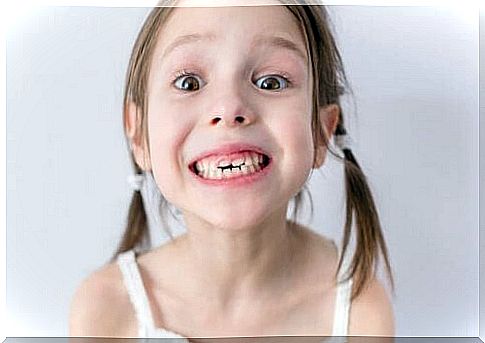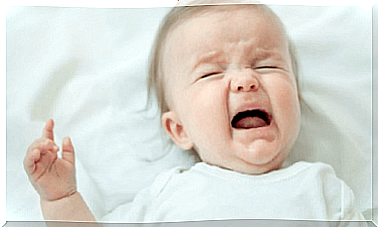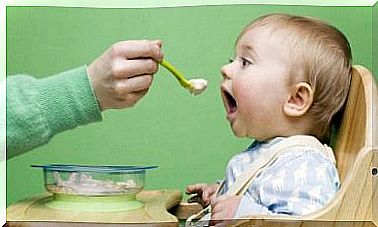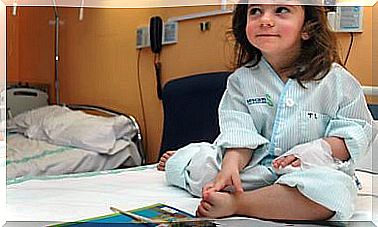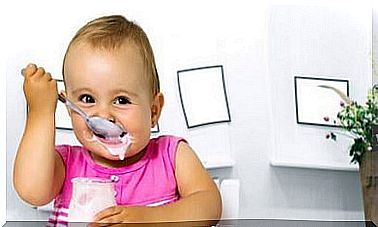Oral Hygiene At School
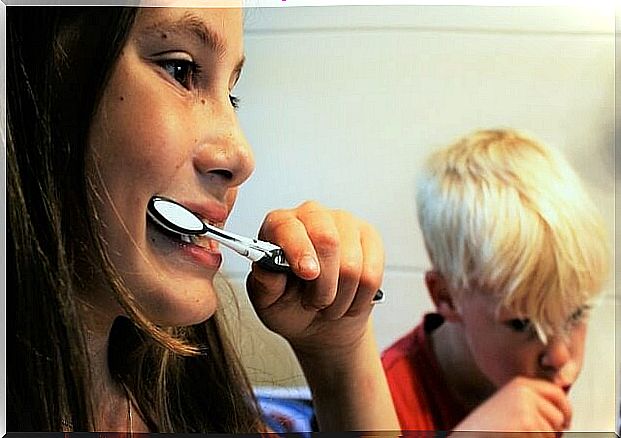
Oral hygiene at school is necessary. Especially during preschool and elementary school. Not only because it helps to establish the good habit of taking care of the teeth but because it helps the child to promote a better image of himself before his classmates and friends.
Remember that there are many children who eat breakfast and lunch in their schools. By spending so many hours without brushing, they can have halitosis. This, combined with poor hydration and a diet rich in sugars, can promote tooth decay, gigivitis, and other problems.
Poor oral hygiene not only causes a bad appearance or halitosis, it can also cause pain (mild to severe intensity), difficulty eating, infections, among others. Hence, hygiene is so important. Of course, this should be taught to children in a fun and dynamic way, by way of tips, so that it is easy for them to put it into practice in their day-to-day life.
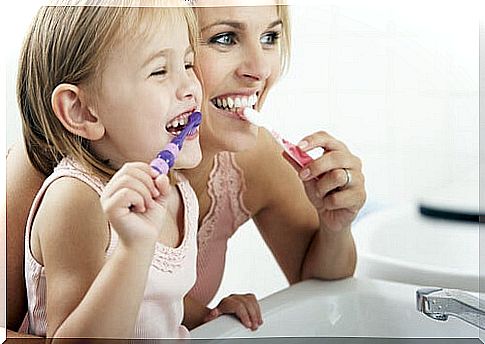
The importance of oral hygiene
Oral hygiene is of great importance to be able to lead a healthy life, since the oral cavity is the main entrance of microorganisms to our body. In this sense, having a problem in the oral cavity, it could spread to other parts of the body and cause the appearance of unfavorable signs in the rest of the body.
Although it may not seem like it in the first instance, teaching children not to put any object in their mouth, washing their hands and brushing their teeth helps considerably to prevent diseases of all kinds. This promotes their well-being and, therefore, good development in the school environment.
School is the place where children learn certain knowledge and reinforce others already acquired at home. In this sense, oral hygiene is not, at all, excluded. It is important that the habit is consolidated so that, tomorrow, the child grows up and becomes a responsible adult who knows how to take care of himself, even in aspects as simple as dental health.
What does oral hygiene mean at school?
1. Daily hygiene of teeth
At first, younger children can brush horizontally with the toothbrush. But after a child turns 10 years old, you should know that the bristles must be at a 45º angle to the gum. This is a maneuver that is called the ‘Bass technique’. When performed, much of the dental plaque accumulated on the edge of the teeth in conjunction with the gum will be removed.
With regard to the concentration of fluoride in toothpastes, it is advisable to use pastes with a content of up to 500 parts per million (ppm) of fluoride ions. This for infants between 2 and 9 years old, making sure that after finishing brushing, they spit out all the toothpaste from their mouth with a large amount of clean water.
While in children over ten years of age, fluoride concentrations in toothpaste should be between 1000 to 1450 (ppm) and the rinsing at the end of brushing should not be excessive, so that it can be used correctly the effect of fluoride on teeth.
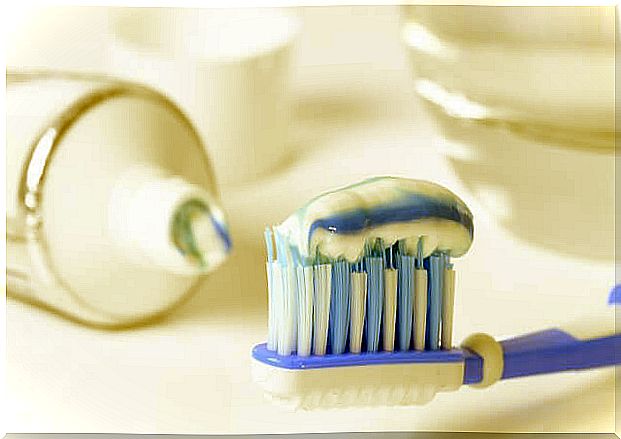
2. Adequate nutrition
Schools should schedule activities with which children can understand the importance of eating healthy foods. And also, where they can identify which foods are beneficial for the body and which are not. A balanced diet is directly involved in the oral health of children and the general population.
3. Periodic visits to the dentist
The issue of oral hygiene at school should promote in children the importance of regular check-ups at the dentist. Making them aware of the importance of the revision and control of the oral cavity.
Educational institutions can program activities in which children learn about the role of oral health professionals and, of course, what a visit to the specialist should be like. Thus, children will feel an interest in learning and will lose their fear of dental check-ups.
Oral hygiene in school is not difficult to achieve by setting a good example and supervising children. On the other hand, it is advisable to always work as a team (parents and educators) to achieve the objectives. In this way, the work will be much more enjoyable for all parties, including the child.
